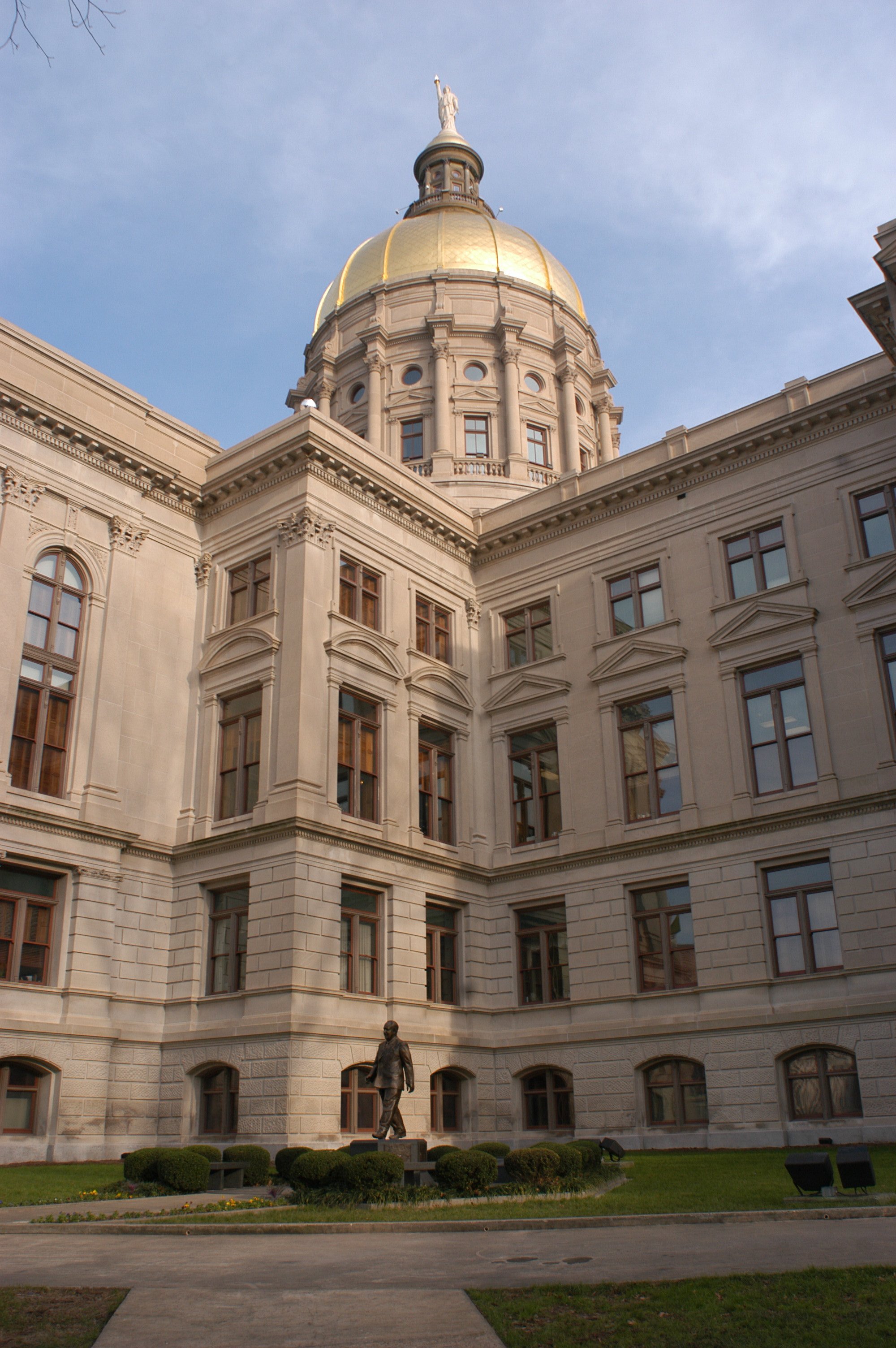ATLANTA - Issues including guns, illegal immigration and drug testing for unemployed Georgians seeking benefits still are on the table, but must be considered by at least one chamber of the Legislature by Wednesday to remain on the agenda this year.
After a slow start, the Capitol suddenly has become a flurry of activity heading into Crossover Day, the 30th day of the session and the deadline for bills to pass at least one chamber of the Legislature to remain alive this year. It is expected to be a marathon day of compromise and consternation as votes are cast on dozens of proposals.
After Crossover Day, only 10 days remain in this year's legislative session - a short window to tackle major priorities.
"We've got two more days to get all of the bills out that we need to get out," said Senate Rules Chairman Don Balfour, R-Snellville. "We've got a number of controversial bills still on the table. What it means is we'll be bogged down. Day 30's going to be a long day."
Issues including next year's state budget, ethics, criminal justice and tax reform are not subject to the Crossover Day rule but must be tackled before the 40th day of the session, which could come later this month.
Lawmakers already have weighed in on controversial issues including charter schools, abortion and scrap metal theft.
Balfour said that while avoiding controversy can speed up the process, taking it on can also be helpful, especially in an election year.
"If it helps your base, you might want it to come up," he said.
University of Georgia political science professor Charles Bullock said lawmakers' focus may be different than that of voters.
"There is something of a disconnect between what their concerns are and that of the Legislature," said Bullock, pointing to issues like unemployment and the housing crisis as voter priorities. He questioned whether some of the social issues taken up in the General Assembly this year are of equal concern.
"Do they address things like the economic needs of the state? Probably not."
Lawmakers have engaged in hours-long debates over whether to let voters decide if they want the give the state the power to create charter schools, a ban on abortions after five months, cuts to unemployment insurance in the down economy and how to crack down on the sale of stolen metal from farms, homes and cemeteries. House Speaker David Ralston said such debates are part of the legislative process.
"We knew going in that we were going to take up the issue of charter schools," Ralston said. "I also thought it was time to look at a reasonable and responsible pro-life measure. I think it's been healthy."
Ralston said that he doesn't believe Georgians expect the Legislature to pass many new laws.
"They want us to focus on a few things and get them right, and that's what we're going to try to do," he said. "We don't need to stay here to get those things done. Let's work hard and get out."
Common Cause Georgia Executive Director William Perry said he is doubtful ethics reform will happen this year. Bills pending in both chambers have been stuck in their respective rules committees.
"The prospects don't look good," Perry said. "Even though the public pressure continues, it's falling on a deaf ear going into an election year."
At the start of the legislative session in January, Gov. Nathan Deal identified job creation, criminal justice reform and economic competitiveness as among his priorities this year. Spokesman Brian Robinson said the Legislature is on track to meet the administration's goals.
"We feel like we're in good shape going into the last 10 days of the session," Robinson said. "We're going to implement tax reform that will bring jobs to Georgia. We still have hope that we'll make some progress on the charter school amendment. There's a lot of work to be done on the criminal justice reform package, but we're optimistic that we will get a plan that will save tax dollars and save lives."
This year's session could wrap up earlier than in recent years. All 236 members of the General Assembly are up for re-election, and are eager to return to their districts to raise money and campaign - both of which are forbidden during the session.
Perry said politics is playing a role in how things have gotten done this year.
"We're seeing more of a rush to get the session done because so many more races now come down to primary races," Perry said. "They need to hit the campaign trail as quickly as possible because the election is only a few months away."

